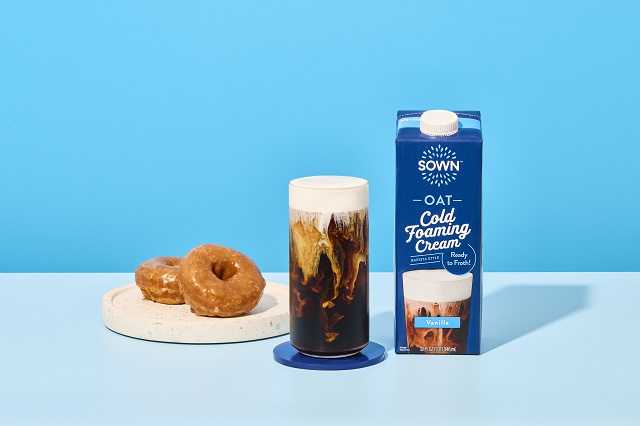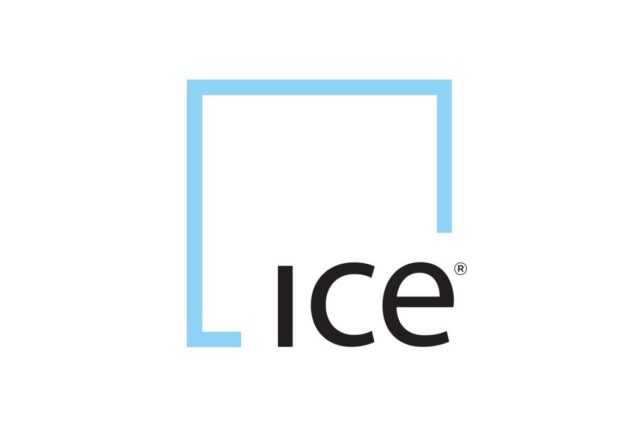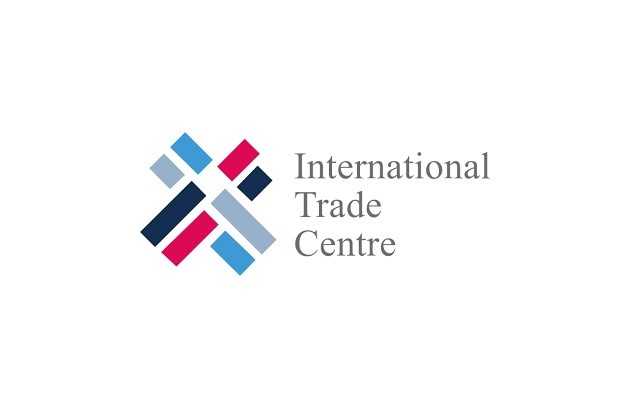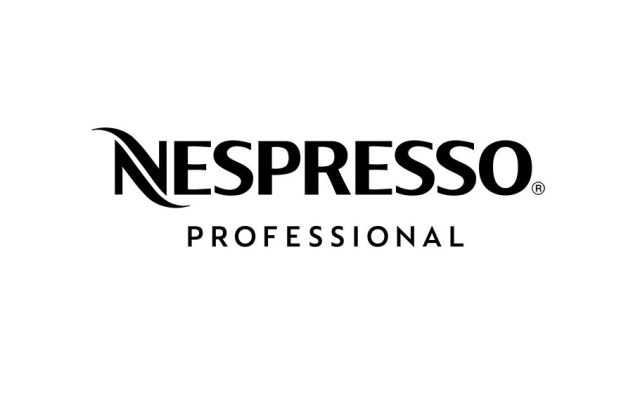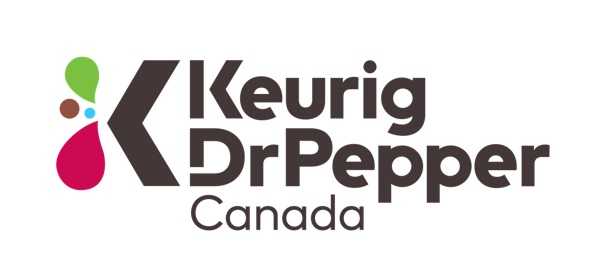BROOKLYN, N.Y., USA – Cheeky Cocktails, the maker of bar-quality, 100% real juices and syrups, unveiled its latest innovation today – a Decaf Espresso Syrup that redefines convenience and quality for coffee enthusiasts and mixologists alike. Following the successful launch of Marcona Almond Orgeat and Habanero Hot Honey Syrups, Cheeky continues to elevate the cocktail and culinary experience with pioneering flair.
Just in time for National Coffee Day (September 29th), the Decaf Espresso Syrup meets consumers’ desires for more balanced options when enjoying coffee beverages.
Decaf Espresso Syrup: A Revolution in Flavor
Cheeky’s Decaf Espresso Syrup, crafted in collaboration with Brooklyn’s esteemed Partners Coffee, combines decaffeinated coffee, cane sugar and gum arabic. The decaffeination method (Mountain Water Process) used in the production of this coffee is free from harsh chemicals and solvents found in some conventional practices.
The addition of cane sugar and gum arabic – a natural gum derived from the sap of acacia trees – delivers a perfect balance of sweetness and velvety mouthfeel every time.
Espresso Martinis have soared in popularity, becoming a staple in cocktail culture. Known for their full-bodied coffee flavor and luxurious crema, these cocktails traditionally require fresh-brewed espresso and a meticulous preparation process.
With Cheeky’s syrup, crafting the perfect Decaf Espresso Martini is now effortless. Just two ingredients are needed to shake up the perfect Martini — this syrup and your choice of base spirit. Designed to simplify the creation of espresso-based drinks, Cheeky’s syrup is a game-changer for anyone who enjoys the rich flavor of coffee but avoids caffeine.
Why Decaf?
For many, the allure of espresso lies in its deep, rich flavor rather than its caffeine content. A decaf option allows for indulgence without the jitteriness associated with caffeine. Whether you’re enjoying a late-night cocktail or reducing caffeine intake, Cheeky’s Decaf Espresso Syrup provides flavor without the buzz.
“Customers love our original Espresso Syrup but not everyone can indulge in caffeine after-hours. We are beyond excited to introduce a product that not only offers unparalleled convenience but also delivers exceptional quality and flavor,” said April Wachtel, Founder of Cheeky Cocktails.





